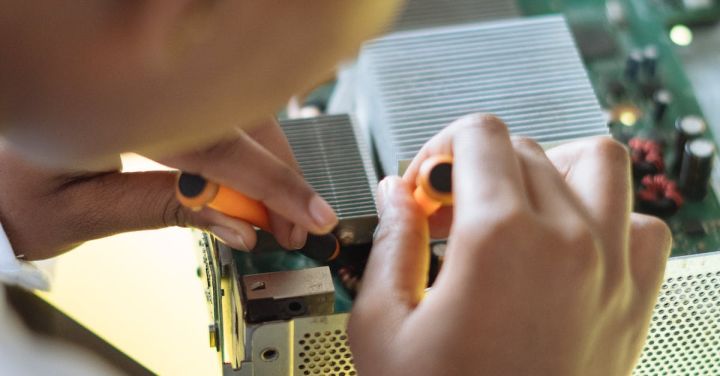Electric engineering has revolutionized the world of transportation, and nowhere is this more evident than in modern railways. The integration of electric technology has not only enhanced the efficiency and reliability of trains but also contributed to a greener and more sustainable future. As we delve into the realm of electric engineering in railways, let us explore the various ways in which this technology has transformed the industry.
One of the most significant advancements in electric engineering is the electrification of railway systems. Traditional diesel-powered trains have been gradually replaced with electric trains, powered by overhead lines or third rails. This transition has resulted in numerous advantages, including increased speed, reduced noise pollution, and improved energy efficiency. Electric trains offer a smoother and quieter ride, enhancing the overall passenger experience.
Furthermore, electric engineering has paved the way for regenerative braking systems in trains. This innovative technology allows the train to convert kinetic energy into electrical energy, which is then stored and used to power other onboard systems. By harnessing this otherwise wasted energy, electric trains can significantly reduce their energy consumption and carbon emissions. This not only benefits the environment but also reduces operating costs for railway operators.
Another area where electric engineering has made a remarkable impact is in the development of high-speed rail networks. Electric-powered trains are capable of achieving unprecedented speeds, enabling the creation of efficient and time-saving transportation systems. These high-speed trains have redefined the concept of long-distance travel, making it possible to traverse vast distances in a fraction of the time it would take using conventional means.
Moreover, electric engineering has facilitated the integration of advanced communication and signaling systems in railways. These systems employ cutting-edge technology to enable real-time monitoring and control of trains, ensuring their safety and efficient operation. By utilizing electric power, these systems can transmit data faster and more reliably, enhancing the overall safety and efficiency of the railway network.
In addition to the technical advancements, electric engineering has also contributed to the development of sustainable infrastructure for railways. Electric trains require charging stations, which are now being strategically placed along railway lines to ensure a seamless and uninterrupted power supply. These charging stations not only provide electricity for the trains but can also be utilized to power nearby communities, further reducing the reliance on fossil fuels.
Furthermore, the integration of electric engineering in railway systems has encouraged the use of renewable energy sources. Solar panels and wind turbines are being installed near railway tracks to generate clean electricity, which can be directly used to power trains or stored for later use. This transition to renewable energy not only reduces dependence on traditional energy sources but also reduces greenhouse gas emissions, contributing to a greener and more sustainable future.
In conclusion, electric engineering has revolutionized modern railways in numerous ways. From the electrification of railway systems to the development of high-speed networks, electric technology has enhanced efficiency, reduced pollution, and improved the passenger experience. Additionally, the integration of advanced communication and signaling systems, along with the adoption of renewable energy sources, has further contributed to a greener and more sustainable future for railways. As we continue to embrace electric engineering in railways, we can look forward to a future where trains are not only faster and more efficient but also environmentally friendly.
